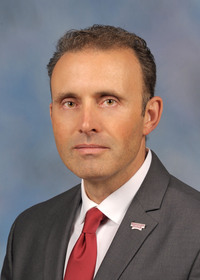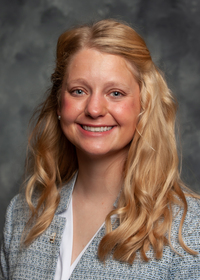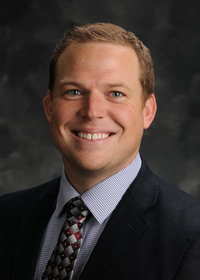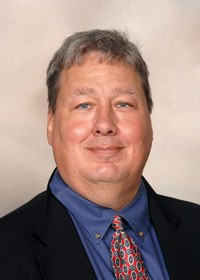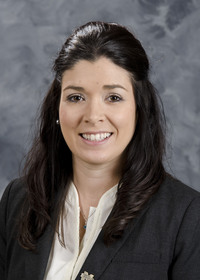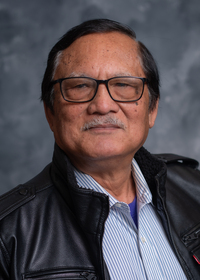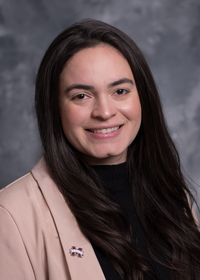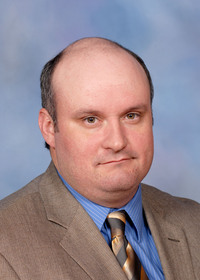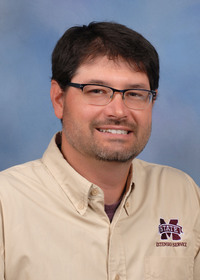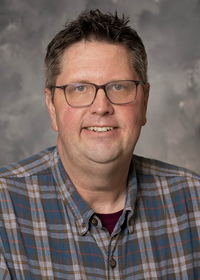Information Possibly Outdated
The information presented on this page was originally released on March 3, 2017. It may not be outdated, but please search our site for more current information. If you plan to quote or reference this information in a publication, please check with the Extension specialist or author before proceeding.
Producers set priorities, discuss issues with MSU
BILOXI, Miss. -- Mississippi State University researchers and Extension Service agents heard suggestions from Coastal area agricultural producers and industry leaders about the research and education they need from the university in 2017.
The MSU Coastal Research and Extension Center Producer Advisory Council meeting was held on Feb. 28 in Biloxi. The annual meeting helps the university allocate time and resources to the most important issues facing Mississippi's agricultural producers and related industries.
“This meeting is an opportunity for you to tell us what additional research we can do and help us understand how to deliver that knowledge to you through the Extension Service,” said James Henderson, who became head of the Coastal Research and Extension Center on Feb. 1. “We will share everything you tell us today with our Extension agents and research faculty in the southeast district.”
Producers from nine commodity groups met in breakout sessions to discuss their groups’ priorities. Commodities represented were beekeeping, forestry, livestock, agronomic crops, commercial horticulture, home horticulture, fruits and vegetables, horse and small ruminants, and seafood and aquaculture.
Client services remain at the forefront of Extension Service and Mississippi Agricultural and Forestry Experiment Station leaders’ agendas in spite of statewide budget cuts.
“Your input and support are crucial for us to be able to meet your needs, especially in hard economic times,” said Steve Martin, associate Extension director for agriculture and natural resources programs. “We must be sure we are intently focused on your most pressing issues and needs. We want those at the top of our list.”
Agronomic crop producers asked that MSU continue soybean, cotton and corn variety trials using new technologies, such as strip tillage behind ryegrass cattle. Producers said they want more grower meetings across the district, as well as research and education on new technologies. They also asked for research on biostimulants.
Beekeepers said they want information about the veterinary feed directive, new Mississippi Department of Health regulations related to selling honey, and new Food and Drug Administration labeling requirements. They said they need a resource to locate veterinarians willing to treat bees. The group also expressed a desire to work with Extension bee specialist Jeff Harris to produce an educational video series.
Commercial horticulture representatives asked for research on imminent diseases, the best roses and woody materials for arrangements, and vase life of woody materials and unusual greenery. They also discussed barriers to hiring labor and the need for young professionals.
Forestry group members said they want more education on understory management and technological advancements. They also requested a method for learning about timber prices in a timelier manner.
Fruit and vegetable growers said they want education on disease control in high tunnels.
The home horticulture group asked for more resources related to native plants and organic production of vegetables. They requested an Extension publication on proper materials for frost and freeze protection of plants.
Representatives of the horse and small ruminant group said they need more information and education on markets, marketing and the new veterinary feed directive.
Members of the livestock group said they want more research on the best methods for success in mineral programs and parasite control. They want more education on using Global Positioning System technology for pasture management and the veterinary feed directive.
Seafood and aquaculture representatives asked for more training on oyster harvesting equipment and Hazard Analysis and Critical Control Points certification. They also requested an annual report on the estimated economic impact of the seafood industry by major species.

